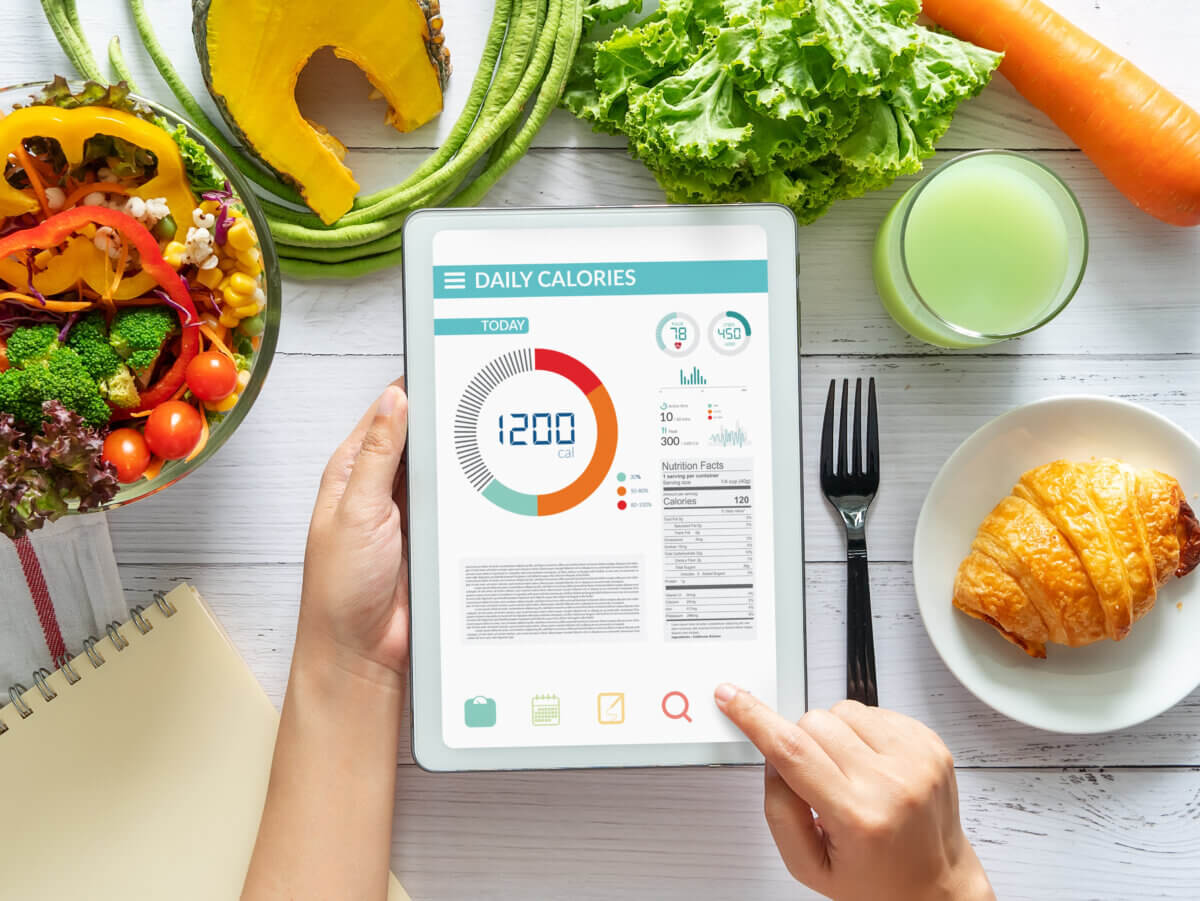According to the National Health and Nutrition Examination Survey (NHANES), over 42 percent of adults were obese as of 2018. The same data reveals that nearly one in five children were also obese.
These numbers are rapidly increasing. A comprehensive approach to managing these diseases is essential if any improvement is to be made toward effective management of these treatment-resistant conditions.
One aspect of weight management is the timing of your meals. You can find scientists who will tell you that “a calorie is a calorie is a calorie.” They insist that whether you have your last meal or snack for the day at 4 p.m. or at 10 p.m. the effects on your body of total energy (calorie) intake (TEI) are the same. Recent studies support the opposite, however, finding that the timing of eating significantly affects how your body processes TEI. So, what’s the healthiest time of day to eat dinner? Does it matter if you have your biggest meal late in the evening or go for the early-bird special?
One study finds eating later increases obesity risk
“We wanted to test the mechanisms that explain why late eating increases obesity risk,” says senior researcher Frank Scheer, PhD, Director of the Medical Chronobiology Program, in the Brigham Division of Sleep and Circadian Disorders, in a 2022 media release. “Previous research by us and others had shown that late eating is associated with increased obesity risk, increased body fat and impaired weight loss. We wanted to understand why.”
A study addressed that important question. A team of researchers at the Mass General Brigham health system found that when we eat has a significant impact on calories burned, hunger, and metabolism of adipose (fat) tissue.
“In this study, we asked, ‘Does the time that we eat matter when everything else is kept consistent?’” according to Nina Vujovic, PhD, Scheer’s colleague. “We found that eating four hours later makes a significant difference for our hunger levels, the way we burn calories after we eat, and the way we store fat.”

The study followed a protocol of timed meals, blood sampling, and adipose (fat) tissue biopsies. They report that eating later had profound effects on hunger and appetite-regulating hormones. Levels of the hormone leptin, associated with a sense of satiety, were always lower when the participants were eating the later meals. They also burned calories at a slower rate and more readily formed adipose tissue.
According to Vujovic, these results are consistent with a large body of research that suggests later eating increases the risk for obesity. In addition, the scientists detected changes in the different control systems involved in energy balance.
“This study shows the impact of late vs. early eating. Here, we isolated these effects by controlling for confounding variables like caloric intake, physical activity, sleep and light exposure, but in real life, many of these factors themselves may be influenced by meal timing,” Scheer added. “In larger scale studies, where tight control of all these factors is not feasible, we must at least consider how other behavioral and environmental variables alter these biological pathways underlying risk.”
A recent study confirmed these findings
This recent study confirms the findings of Scheer and his team. It also takes the investigation deeper, into the behaviors and social conditions that influence the timing of intake and the body’s way of processing calories.
Raphiello Jacob, at the School of Nutrition, Universite Laval in Quebec City, Canada, writes that the distribution of food intake throughout the day is an important synchronizer of the body’s peripheral clocks (other than the brain), located in many organs and tissues. Consuming a high percentage of calories later during the day and into the night can produce chronodisruption, a state where peripheral clocks are out of synchrony with the brain’s clock. A state of chronodisruption can impact many natural body processes.
Researchers used data from 301 individuals, 56 percent of whom were women, who participated in four weight loss studies in this cross-sectional investigation. Total energy intake was assessed using a three-day food record from which the percentage of TEI after 5 p.m. and after 8 p.m. was calculated. Eating behavior traits and psychosocial factors were assessed with questionnaires.
The researchers reported that late eating is associated with TEI and less healthy eating behaviors, which could help explain the association between the timing of food intake and obesity.
What’s the verdict for late-night eating?
Overeating associated with these eating behaviors may also be more likely to occur during the evening as a result of less self-control and tiredness. Eating because others were eating, eating while watching television, and expecting eating to be more rewarding later in the day contributed to late eating. In addition, alcohol consumption, and more opportunities to eat alone or when at home compared to at work or at school were associated with late eating. It may also be a consequence of reduced energy intake during the day. A reduced energy intake earlier in the day may also be a consequence of overeating during the evening. Late eaters also showed reduced morning appetite.
You might also be interested in:
- Eating dinner late at night raises the risk of becoming obese
- Best Weight Loss Programs: Top 5 Diets Most Recommended By Experts
- End of dinner? ‘Landmark study’ shows eating only during daytime could add years to your life

